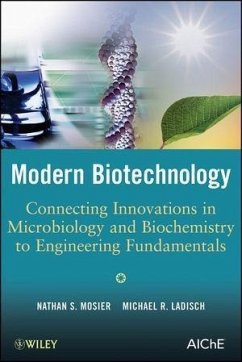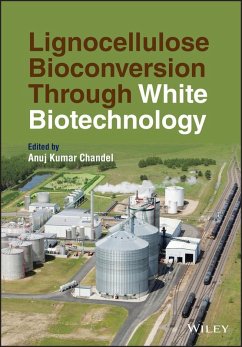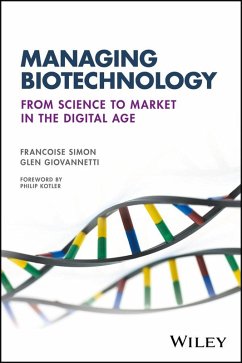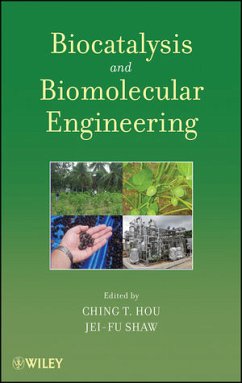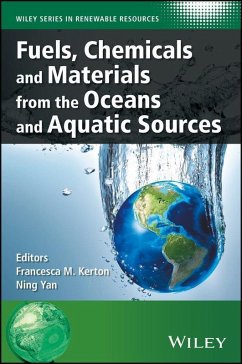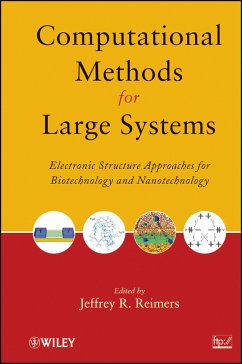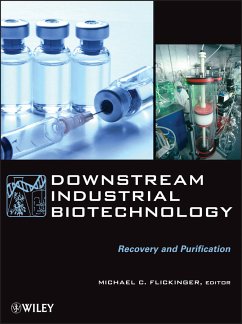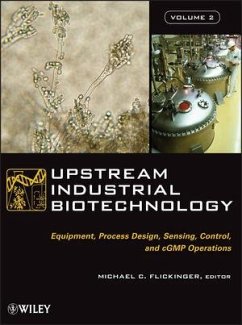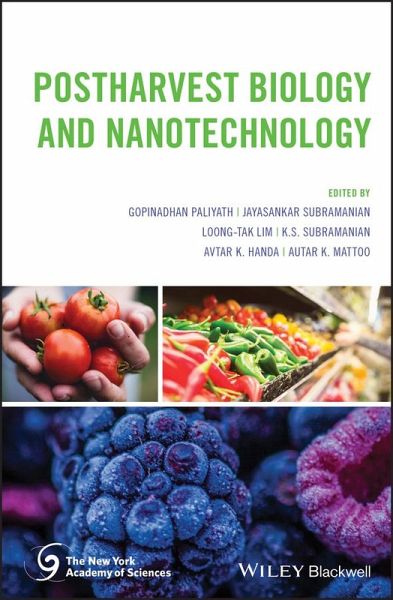
Postharvest Biology and Nanotechnology (eBook, ePUB)
Versandkostenfrei!
Sofort per Download lieferbar
169,99 €
inkl. MwSt.
Weitere Ausgaben:

PAYBACK Punkte
0 °P sammeln!
A comprehensive introduction to the physiology, biochemistry, and molecular biology of produce growth, paired with cutting-edge technological advances in produce preservation Revised and updated, the second edition of Postharvest Biology and Nanotechnology explores the most recent developments in postharvest biology and nanotechnology. Since the publication of the first edition, there has been an increased understanding of the developmental physiology, biochemistry, and molecular biology during early growth, maturation, ripening, and postharvest conditions. The contributors--noted experts in t...
A comprehensive introduction to the physiology, biochemistry, and molecular biology of produce growth, paired with cutting-edge technological advances in produce preservation Revised and updated, the second edition of Postharvest Biology and Nanotechnology explores the most recent developments in postharvest biology and nanotechnology. Since the publication of the first edition, there has been an increased understanding of the developmental physiology, biochemistry, and molecular biology during early growth, maturation, ripening, and postharvest conditions. The contributors--noted experts in the field--review the improved technologies that maintain the shelf life and quality of fruits, vegetables, and flowers. This second edition contains new strategies that can be implemented to remedy food security issues, including but not limited to phospholipase D inhibition technology and ethylene inhibition via 1-MCP technology. The text offers an introduction to technologies used in production practices and distribution of produce around the world, as well as the process of sencescence on a molecular and biochemical level. The book also explores the postharvest value chain for various produce, quality evaluation techniques, and the most current nanotechnology applications. This important resource: * Expands on the first edition to explore in-depth postharvest biology with emphasis on developments in nanotechnology * Contains contributions from leaders in the field * Includes the most recent advances in postharvest biology and technology, including but not limited to phospholipase D and 1-MCP technology * Puts the focus on basic science as well as technology and practical applications * Applies a physiology, biochemistry, and biotechnology approach to the subject Written for crop science researchers and professionals, horticultural researchers, agricultural engineers, food scientists working with fruits and vegetables, Postharvest Biology and Nanotechnology, Second Edition provides a comprehensive introduction to this subject, with a grounding in the basic science with the technology and practical applications.
Dieser Download kann aus rechtlichen Gründen nur mit Rechnungsadresse in A, B, BG, CY, CZ, D, DK, EW, E, FIN, F, GR, HR, H, IRL, I, LT, L, LR, M, NL, PL, P, R, S, SLO, SK ausgeliefert werden.




